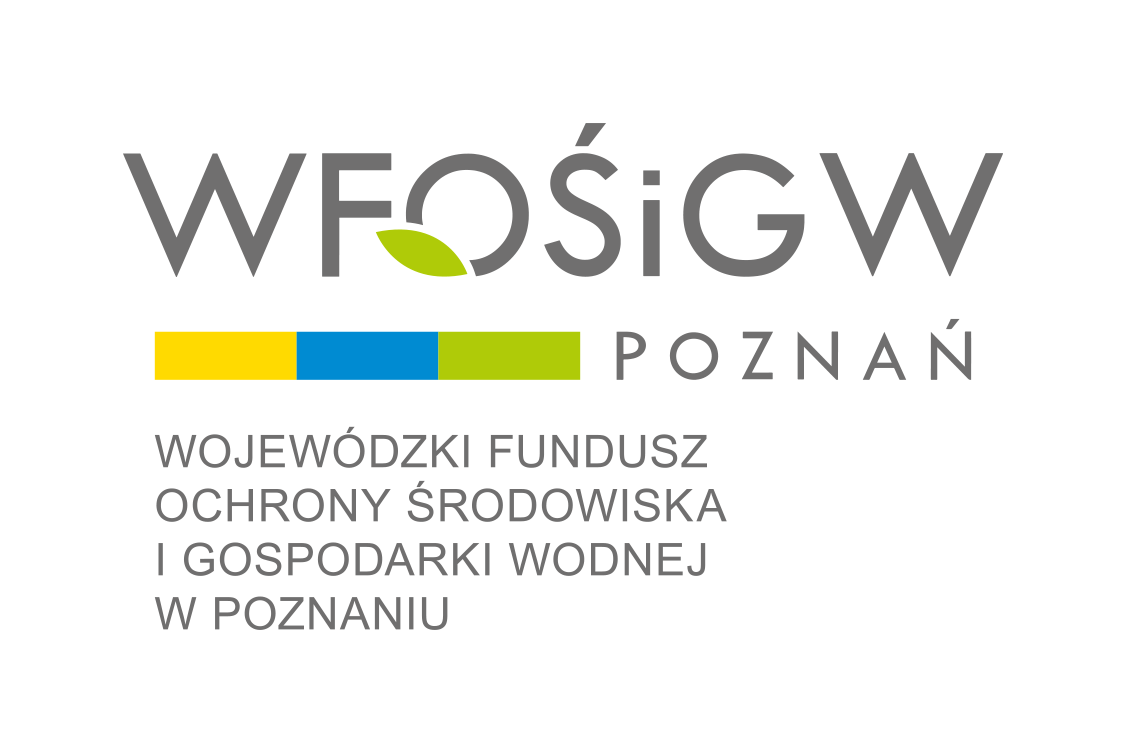General info
About us
The Institute of Dendrology is a Polish unique centre of multidisciplinary research on trees and shrubs. The Insitute of Dendrology was established in 1933 and carries out research in the areas of tree and shrub biology, especially in the fields of: genetics, molecular biology, biochemistry, physiology, ecophysiology, ecology, systematics and geography, biology of seeds, mycorrhiza, anthropopression hazards to forest ecosystems. The Institute is authorized to confer the academic degree of doctor of biological sciences.
The Institute publishes an semi-annual Dendrobiology and popular scientific monograph Nasze drzewa leśne (Our Forest Trees).
The history of the Institute goes back to the early 19th century. In 1829-1880 Tytus Działyński and his son, Jan Kanty Działyński, created a rich collection of woody plants, which later developed into the Kórnik Arboretum, closely associated with the Institute. In 1933 the Department of Dendrology was established as a part of the Kórnik Gardens owned by the Foundation 'Zakłady Kórnickie'. In 1945, after the end of the 2nd World War, the research centre was restored as the Department of Dendrology and Pomology. It was affiliated to the Polish Academy of Sciences in 1952, and its name had changed several times by 1975, when it became the Institute of Dendrology.
The centre was directed in succession by Antoni Wróblewski (1933-1939), Stefan Białobok (1945-1979), Władysław Bugała (1980-1995), Tadeusz Przybylski (1996-1998), Gabriela Lorenc-Plucińska (1999-2010). At present the Director is Jacek Oleksyn.
Structure and scientific activity of the Institute
Research is conducted in 13 laboratories. Their work is concerned with many aspects of tree biology. This is mainly basic research, involving the analysis and description of hitherto unknown processes and relationships. Results of the studies carried out at the Institute may be and actually are implemented in various branches of economy dealing with plant production. The scientists are also commissioned to solve current problems of forestry, concerning seed plantations, biodiversity, the health of trees and forest stands, etc. Additionally, investigations into restoration of industrial sites are carried out.
The Institute has at its disposal a wide range of laboratory equipment and plant material. Invaluable are the collections of trees and shrubs grown in the Kórnik Arboretum and the 'Zwierzyniec' Experimental Forest, as well as preserved specimens accumulated at the Institute's herbarium for many years. Both the collections and the herbarium belong to the richest in Poland and are well-known not only in our country but also in the world. The modern laboratory equipment makes it possible to conduct research at a high scientific level.
The library is also of crucial importance for the Institute. It is composed of about 26 000 books, 18 000 volumes of periodicals (220 titles), and about 1500 special publications.
Subjects of research
The major directions of research conducted at the Institute are listed below.
Systematics and chorology of trees and shrubs: taxonomy of 'difficult' genera, such as Rosa, Rubus, Salix and Crataegus; processes taking place in populations of endangered and vulnerable species; biometric analysis of the taxonomic rank of disputable taxa; geographical variation of taxa within their natural ranges; chorological description of the dendroflora of selected regions.
Methods of vegetative propagation: modern methods of plant regeneration; in vitro propagation.
Population genetics of forest trees: studies of populations of forest trees and use of their variability for increasing forest productivity; mineral uptake; methods for stimulation of flowering in seed plantations; hormonal stimulation of flowering and fruit formation and production of high-quality seed.
Biochemical genetics of forest trees: genetic structure of populations of forest trees; phenotypic and genetic variation; transfer of genetic information within populations of forest trees.
Phytopathology of trees and shrubs: genetic and ecological aspects of tree decline; dendrochronological assessment of tree health; biotic and abiotic factors contributing to tree diseases; pathogenicity of organisms causing serious tree diseases.
Seed biology of trees and shrubs: dormancy breakage; long-term storage and cryopreservation of seed. Seed metabolism in trees and shrubs: physiological and biochemical mechanisms of dormancy breakage; activity of respiratory enzymes; mechanisms of ageing; resistance to desiccation.
Mycorrhizal symbioses of trees and shrubs: physiological role of growth regulators; morphological and molecular structure of mycorrhizae; intrapopulational variation and selection for resistance of fungal strains to various factors of human disturbance.
Ecophysiological reactions of trees to environmental factors and human disturbance: effects of biotic and abiotic factors on tree growth, development and health; mechanisms of tree reaction to industrial pollution; physiological basis of reactions of trees and shrubs to stress factors.
Introduction and acclimatization of trees and shrubs: adaptability of the trees and shrubs species and varieties to our climatic conditions.
International cooperation
The Institute cooperates with about 50 foreign research centres in 30 countries. The cooperation ranges from the exchange of plant material to joint research programs. This results in many joint publications. It is noteworthy that scientists employed at the Institute have contributed to some major international works, such as Flora Europaea, Flora Hellenica, Flora of Turkey and Flora of Pakistan, or textbooks on seed storage and genetics of forest trees.
Popularization and didactic activity
Results of research conducted at the Institute are presented at national and international conferences and in scientific periodicals, but also in popular scientific magazines and in the Institute's book series Our Forest Trees. The popular publications hold much interest for biologists, dendrologists, foresters, gardeners, tree lovers, and students.
Scientists employed at the Institute give regular or occasional lectures at universities and colleges, and lectures or presentations for special interest groups. They also supervise students preparing MSc or PhD theses. On the basis of agreements with the Poznań University and other institutions of higher education, the Institute makes its collections, laboratories and library available to their workers and students, and grants scholarships to postgraduate students.
Publications of the Institute
Dendrobiology
This is an international semi-annual journal, which in 2000 replaced the Arboretum Kórnickie that had been published by the Institute for 45 years. It includes original publications and (less frequently) review articles in the field of tree biology.
This is a book series started in 1970 with a monograph on Scots pine (Pinus sylvestris L.). So far, 17 of the planned 21 volumes of this series have been published. Each of them is concerned with one species (or genus) of native forest trees, reviewing the published literature on the given subject and popularizing it. All contributions are commissioned by the editorial board.











